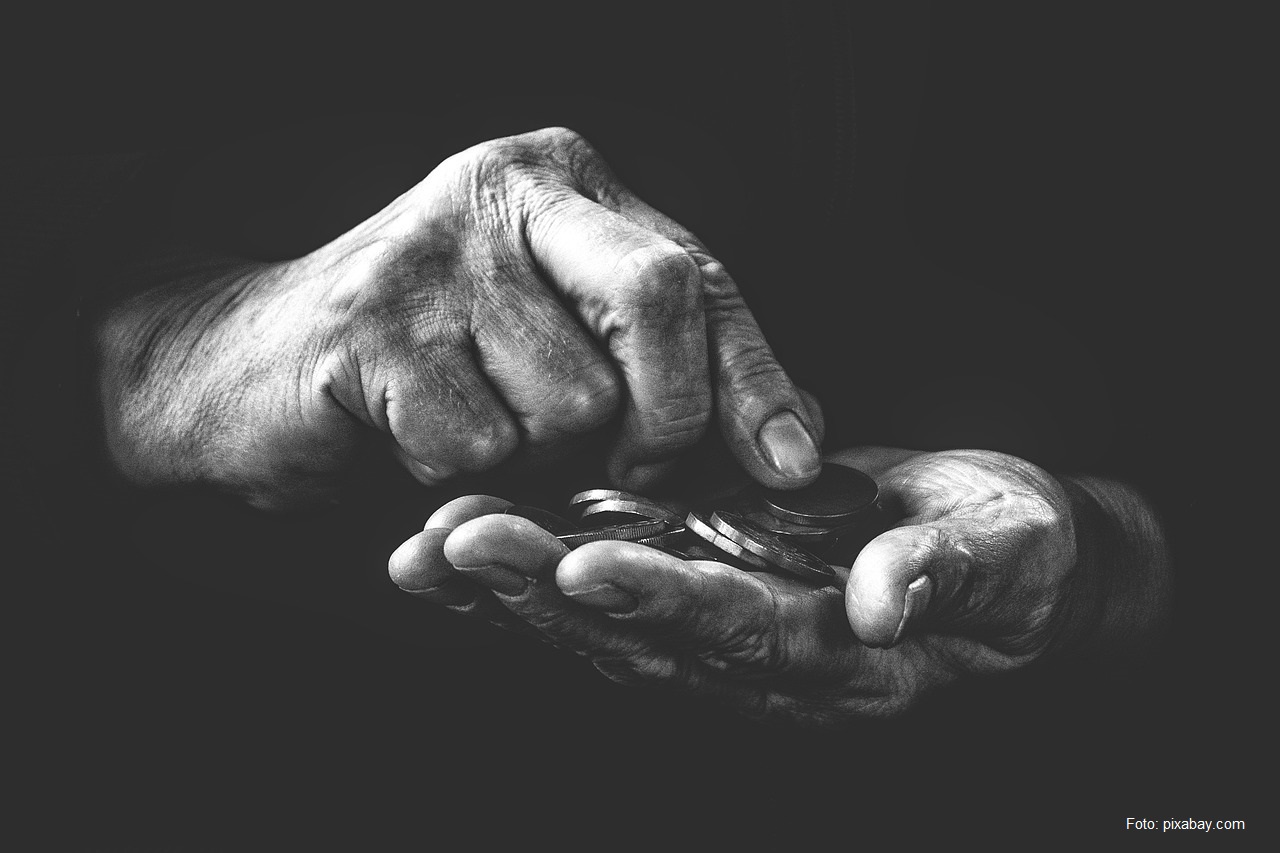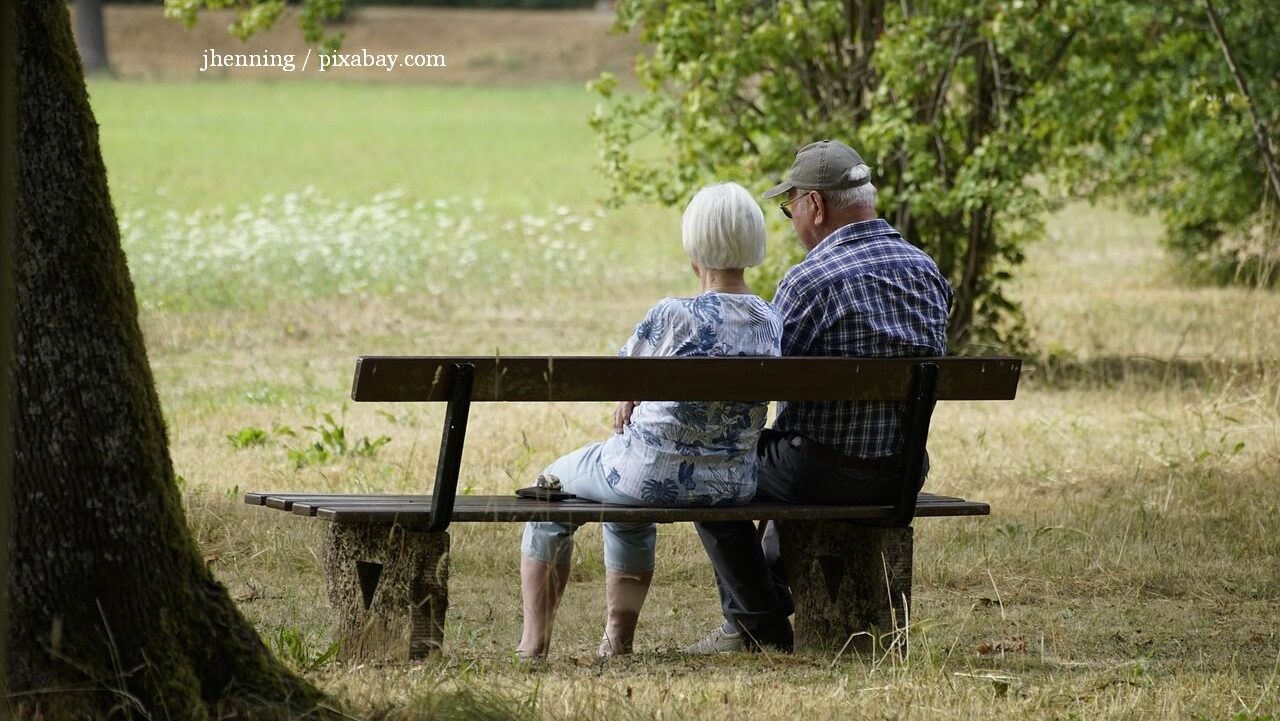Institutionalised children in Romania
In Romania there are over 200 child protection institutions caring for several tens of thousands of children, teenagers and youth.

România Internațional, 26.08.2015, 13:21
In Romania there
are over 200 child protection institutions caring for several tens of thousands
of children, teenagers and youth. Millions of euros are spent every year on
running these centres, and the length of adoption procedures, of up to several
years, is unfavourable to the children.
Many kids have
ended up in care centres because of the demographic policy of the communist
years, others have been abandoned in maternity hospitals, while others were found
abandoned in the street. The fact is that, as soon as they leave these
facilities, the lives of most of these children take a downward turn, because
they have no direction to follow.
Some have moved
on however and launched an unexpected challenge for the Romanian society. They
have set up the Association of Adults from Childcare Centres called Federeii,
which has filed for the investigation of abuses committed in such facilities
for the past five decades. The president of this Association is Daniel Rucareanu,
who lived in two childcare centres and survived the system. He is now 37, has
graduated from university and wants to help abandoned children:
I think the
number of people who lived in such facilities is very large and they have no
one to represent them. We have a number of objectives. The first is to showcase
the history of childcare facilities. So far there has not been such a project,
regarding the establishment of a museum of care facilities, and the publication
of the stories of the people who have lived this kind of experiences. We also
want to set up a network of adults who have grown up in such centres, to enable
them to become the partners of the public child protection authorities.
The effects of
child institutionalisation are devastating, as Daniel Rucareanu remembers:
Living in those
mammoth institutions was by no means easy, especially if we keep in mind that
the kids who got there already came with a severe trauma caused by the
separation from their families. Over the years, new traumas would build up,
which were related to the lack of emotional attachment, the trauma of
institutionalisation as such, and which many of the children who grew up there
never managed to get over. I lived in this kind of institution for seven years,
one in Ploiesti and another in Busteni. I was lucky, because when I was quite
young, at 8 or 9, I met a family from Buftea, an older couple who grew to love
me and gave me the guidance I needed. They never adopted me. They would take me
to their home during school holidays, and this is how I managed to get over
that institutionalisation trauma and to avoid failure. Few institutionalised
children manage to graduate from high school and to go to college. The
percentage is around 2 or 3 per cent… I only knew my mother, I have never met
my dad. I was taken to a childcare centre because of domestic abuse, and before
that I used to live in the street for a long time.
According to the
goals laid down in the 2014-2020 Strategy for Child Protection, Romania is to
close down its old care facilities and to find solutions to have children
reintegrated with families. The Hope and Homes for Children Romania Foundation
has been working in Romania since 2000, and ever since it has been giving hope
to orphan, abandoned or vulnerable children, helping them to grow up in foster
families and homes. Here is Otto Sestak, the manager of the training programmes
of Hope and Homes for Children Romania:
After the 1989 Revolution, both the Romanian and the international
community began to realise the scope of the problem of institutionalised
children and the terrible conditions in which they lived. That is when the
first images and televised reports on these children were made public. The
reform of the system of child services started at some point in 1996 in
Romania. This reform does not mean
just replacing previous institutions with foster homes. Instead, it is about
changing the paradigm of social services and their offer. Before, when noting
that children were at risk in their own families, the authorities could only
separate children from their families and to put them in foster care. Many
believe that Romania’s 100,000 institutionalised children in the early 2000s
were in fact orphans. In reality, some 80 to 90% of them did have parents. They
were not orphans. It’s just that there was no coherent alternative at the time
allowing them to stay with their families.
Since 2000, when
the Hope and Homes for Children Foundation started operating in Romania, over
6,000 children were taken from institutions. 21,000 children were saved from
being abandoned, while 47 foster homes were shut down forever. Overall, some
30,000 children are now enjoying a better life. Some were reunited with their
families or were placed with a foster family. Others were integrated into
family-like homes. Otto Sestak told us more:
Our plan is for every child to have a home
and a family. We want to give a home and a family to every child, we don’t want
to build foster homes, because then we are essentially doing little to change
the type of care. We want to bring children closer to their families and to
integrate them into a family-like environment. We will do this by shutting down
old institutions and developing community and family oriented services. Indeed,
part of our activity is linked to building these types of family-like homes.
They offer a temporary alternative to children who cannot return to their
families. On the one hand, there are children whose families are bad for them,
who abuse their children. Other children are in need of long-term specialised
care. For them, it’s more useful to have access to a set of residential
services. These are designed as a temporary solution and aimed at solving the
children’s problem, so that they may be able to return to their families later
or be placed with a foster family.
The Hope and
Homes for Children Foundation also takes an active role in the social
integration of young people who are no longer in the state’s care. So far, the
Foundation has helped 456 such youngsters to find a purpose in their lives.






























